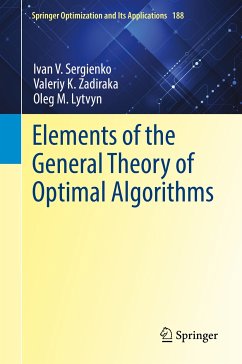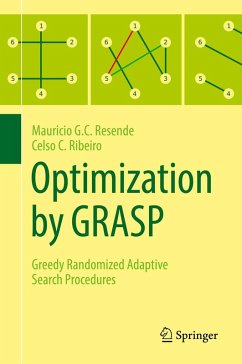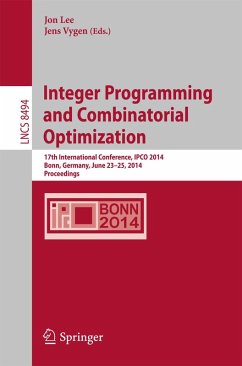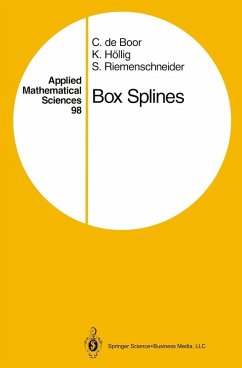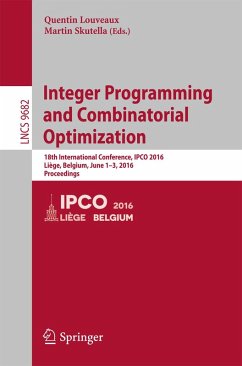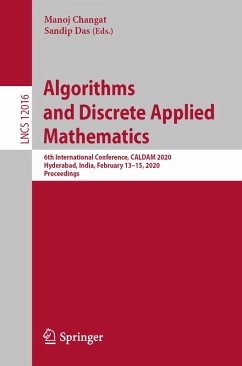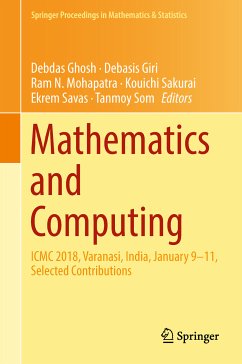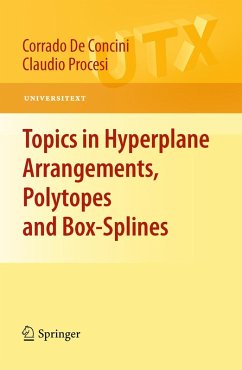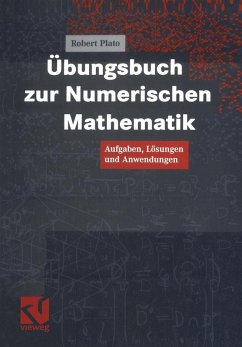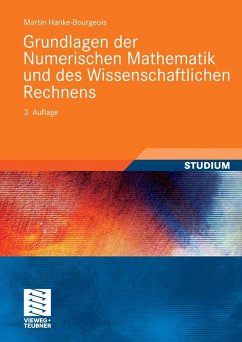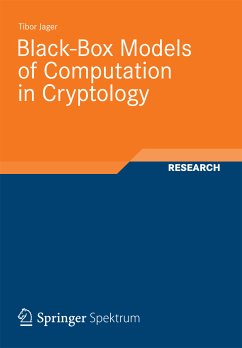
Black-Box Models of Computation in Cryptology (eBook, PDF)
Versandkostenfrei!
Sofort per Download lieferbar
40,95 €
inkl. MwSt.
Weitere Ausgaben:

PAYBACK Punkte
20 °P sammeln!
Generic group algorithms solve computational problems defined over algebraic groups without exploiting properties of a particular representation of group elements. This is modeled by treating the group as a black-box. The fact that a computational problem cannot be solved by a reasonably restricted class of algorithms may be seen as support towards the conjecture that the problem is also hard in the classical Turing machine model. Moreover, a lower complexity bound for certain algorithms is a helpful insight for the search for cryptanalytic algorithms.Tibor Jager addresses several fundamental ...
Generic group algorithms solve computational problems defined over algebraic groups without exploiting properties of a particular representation of group elements. This is modeled by treating the group as a black-box. The fact that a computational problem cannot be solved by a reasonably restricted class of algorithms may be seen as support towards the conjecture that the problem is also hard in the classical Turing machine model. Moreover, a lower complexity bound for certain algorithms is a helpful insight for the search for cryptanalytic algorithms.
Tibor Jager addresses several fundamental questions concerning algebraic black-box models of computation: Are the generic group model and its variants a reasonable abstraction? What are the limitations of these models? Can we relax these models to bring them closer to the reality?
Tibor Jager addresses several fundamental questions concerning algebraic black-box models of computation: Are the generic group model and its variants a reasonable abstraction? What are the limitations of these models? Can we relax these models to bring them closer to the reality?
Dieser Download kann aus rechtlichen Gründen nur mit Rechnungsadresse in A, B, BG, CY, CZ, D, DK, EW, E, FIN, F, GR, HR, H, IRL, I, LT, L, LR, M, NL, PL, P, R, S, SLO, SK ausgeliefert werden.




